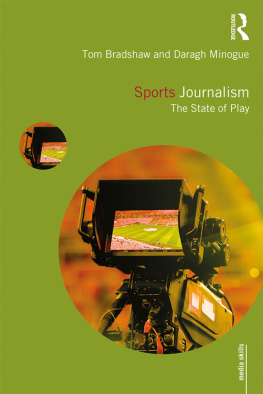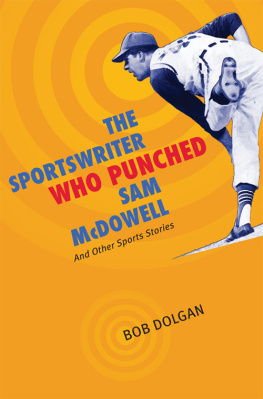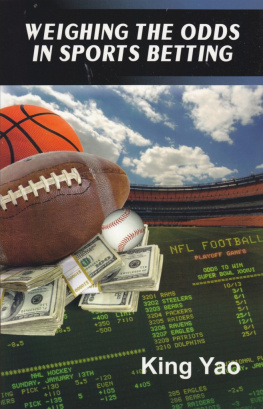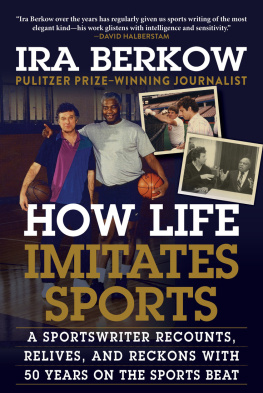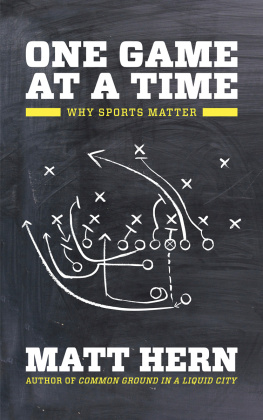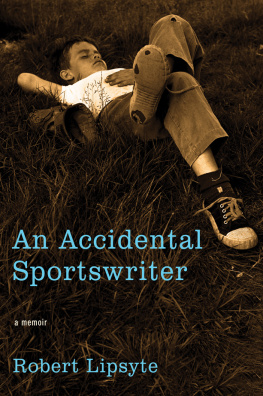

This edition is published by Papamoa Press www.pp-publishing.com
To join our mailing list for new titles or for issues with our books papamoapress@gmail.com
Or on Facebook
Text originally published in 1957 under the same title.
Papamoa Press 2018, all rights reserved. No part of this publication may be reproduced, stored in a retrieval system or transmitted by any means, electrical, mechanical or otherwise without the written permission of the copyright holder.
Publishers Note
Although in most cases we have retained the Authors original spelling and grammar to authentically reproduce the work of the Author and the original intent of such material, some additional notes and clarifications have been added for the modern readers benefit.
We have also made every effort to include all maps and illustrations of the original edition the limitations of formatting do not allow of including larger maps, we will upload as many of these maps as possible.
BURY ME IN AN OLD PRESS BOX
Good Times and Life of a Sportswriter
BY
FRED RUSSELL
TABLE OF CONTENTS
Contents
DEDICATION
To Kay
Foreword
A sportswriters life, if not the purest of pleasures, is surely not to be likened to toil. I find it very difficult to make my job sound like work at alland I promise not to dwell overlong on that aspect of sportswriting anywhere in this book, lest I spoil the outlook of any man who regards sportswriters with envy.
Such envy is not misdirected. The game we call Life got off to an unusual start, according to my reading of the most widely-published account. The Referee explained the rules; the rules got broken right off the bat; a penalty was inflicted. And what, you may ask, was unusual about that? The severity of the penalty: banishment forever from the Garden, and the guilty man would henceforth have to work for a living. You can look it up yourself in the Book if you dont believe me.
You can also look up sport in the dictionary and find that the words original meaning was to carry away from work.
Doesnt this prove that sport is the best thing man has thought up since the Garden of Eden?
Theres something else worth noting about the word sport. It is an abbreviation of disport , which means to divert , to amuse, to make merry . Let me confess: those things appeal to me.
The sports pages of a newspaper exert an appeal based on several factors that a serious fellow might think were more important than diversion, amusement and merrymaking, and more deserving of first place in a sportswriters listing of the several factors. But I believe that most people who turn to the sports page first do so because there is so little fun anywhere else in the paper. The funnies are not even called that anymore, and the term comic strip is a gross misnomer for all but a few. As for the front page, it seems eternally permeated with the perils of our position in the Middle East, arguments among politicians, automobile wrecks and bad weather. The society section does offer a view of people being nice, but the phrases are too often the same even though the names and faces may be different from day to day, and the phrases try very hard never to be funny. There are seldom any chuckles amid the business news and surveys, nor in the newspapers helps for homemakers, nor is a good guffaw to be expected throughout the rest of the paper in enough instances to justify a thorough reading of the whole thing by a soul who needs cheering up.
Yet the souls need for cheering up is very real; laughter is the lubrication of the spirit. Sportswriters try to meet this need more and more nowadays, and their effort is commendable although their motives are not completely unselfish. They know that if humor can be contrived, readers can be got. But this is by far the lesser cause of the comedy that can be found more easily and more often on the sports page than anywhere else in most newspapers. Sportswriters do not need to contrive humor; they can manage very well if they only put in print a good selection of the humor they see and hear in covering their beats.
Sport has always produced an inordinate lot of fun for the participants and the spectatorsand by fun I mean the humorous twists and the delightful oddballs as much as I mean the overall circumstances of happiness in which games are played and enjoyed.
As for these happy circumstances, I am sure that the most eloquently simple testimony I ever heard was Herbert Bayard Swopes. A group of old friends and associates of Grantland Rice got together a year or so after Grannys death, to ring the bells for Granny and to wring some joy out of old memories. Swopes turn came and he reminisced about his early newspaper days when he and Rice were young sportswriters going to the games and the races together. In a few words, Swope made it very clear that back yonder he had had a wonderful time. As he ended his reminiscing, he expressed his regret over having had not nearly enough opportunities to see Rice later on, after he himself quit the world of sports for other jobs. But Rice, in the opinion of his old friend, made the better choice.
He stayed with happiness, was Swopes way of putting it.
I do not wish to claim too much for sport, nor even seem to argue for more than is its just due, lest I weaken sports case which is a very strong one. There are more lasting varieties of happiness to be found elsewhere (in the family, to name an obvious place to look); and, in mans love for God and man (not to mention love of woman and child and home and country), there are higher degrees of happiness than sport affords.
I say that happiness is found most readily in sport, and more predictably, by plan, than elsewhere. Sport is a contest, physical and mental. Happiness comes out of contest, won fairly or lost honorably. Mans greatest moment of happiness, I once heard a great man say, is to be tested beyond what he thought might be his breaking pointand not fail.
Sport abounds in such moments.
Now back to the comedy and the clowns.
The close affinity between sport and humor is due in part, I think, to their dependence on the same principle for kicks. Call it the Principle of the Pleasant Let-down; or, to state it another way, people get such a kick out of their release from tension that they tend to seek tension (in stadiums, for instance) or deliberately create it themselves, in order to get release from it. Where would be the pleasure of taking off your shoes, if they were not too tight? Jokes do the same thing. They grasp the listener with an intriguing situation, which suddenly collapses into comedy.
There is also the special need of the athlete himself for release from the all-over kind of tension that is the enemy of top performance. He should be loose, every muscle relaxed, in order to pour all his energy and strength into just the muscles he wants, when the brain and glands command.
One of the wisest baseball men I know says, of a certain very successful manager, Casey is a clown, but smartsmart beyond baseball. Hes never funny at the wrong time.
There are any number of football coaches who actually owe their reputations as masterminds not to superior strategy or systems or even materialbut to their ability to build up or relax, almost at will, the tensions of their teams. Some go about it solemnly. But some wear their funny-face nine days out of ten, and save their fierce one for when its really necessary.
Next page


